Bringing Living Water to Dry Places
Our story began in 2015 in Ziguinchor, Senegal
When visiting the family of a friend, I asked where they get their water from. As I watched their young daughter, Thérèse, playing the answer I received was shocking.
“There is a community well that serves the neighbourhood — it is an open well and the water is contaminated. We know that the water is bad and makes us sick so we add bleach before drinking it, especially before giving it to the children.”
In that very moment Fountain of Life was born.
— Mark Provis, Fountain of Life Founder & Director
HelpFilm is a charitable media production company that uses only working professional film-makers to create high-end videos and animations to small charities across a broad range of valuable causes.Fountain of Life is dedicated to bringing an affordable, sustainable, source of safely managed water to those in need. While many NGOs overlook the family unit to focus on constructing community wells, the primary focus of our work is centred on offering individuals and/or families the ability to own their own borehole, creating not only dignity but long-term sustainability and self-sufficiency.
The problem
Clean, accessible water for all is an essential part of the world we want to live in and there is sufficient fresh water on the planet to achieve this.
However, due to bad economics or poor infrastructure, millions of people including children die every year from diseases associated with inadequate water supply, sanitation and hygiene.
Learn more
2BN
At the current time, more than 2 billion people are living with the risk of reduced access to freshwater resources and by 2050, at least one in four people is likely to live in a country affected by chronic or recurring shortages of fresh water.
Disease
Globally, at least 1.8 billion people use a drinking-water source contaminated with faeces. Contaminated water can transmit diseases such diarrhoea, cholera, dysentery, typhoid and polio. Contaminated drinking-water is estimated to cause 502,000 diarrhoeal deaths each year.
SDG 6.1
Joint Monitoring Programme (JMP) data shows that Senegal is progressing too slowly towards the 2030 Sustainable Development Goal (SDG) goal of universal and equitable access to safe and affordable drinking water for all.
49%
Drinking water service levels in the region of Ziguinchor are currently far behind that of Dakar with just 49% of the population having access to basic services and the remaining 51% accessing limited or unimproved services compared to 100% Dakar of the population of Dakar having access to basic services.
Our solution
Why Fountain of Life?
We like to think of ourselves as the rebels in the sector, challenging the way things are done while achieving great results. Rather than paying partners to carry out our work, we go, we learn, and we do. As a result, we now have a team of seven highly skilled installation technicians working full time for Fountain of Life in Senegal.
Appropriate technology
Appropriate technologies are central to all that we do. Solutions are effective, accessible, low-cost and easy to implement.
Appropriate technology must be simple enough that it can be managed directly and on a local level, making use of skills, technology and materials that are available in the local community.
The creation of micro-communities
Our research has shown that, within the culture that we work, water is understood to be a social good rather than an economic good. As a result, when a family invests in a Fountain of Life borehole, it is almost always shared with neighbours, friends, and family. On average a micro-community of around 100 people benefit from each installation.
Functionality
A 2020 study by Foster, Furey, Banks, and Willetts noted that in Cambodia communal hand pumps had a non-functionality rate of 20% while privately owned hand pumps had a non-functionality rate of just 5%. Data from 2015 showed that in Senegal a massive 22% of communal hand pumps were non-functional, affecting over 227,000 people.
Because our team lives among the people they serve, and materials can be sourced quickly, easily, and locally we can maintain a maximum rate of functionality and a minimum rate of pump down-time.





